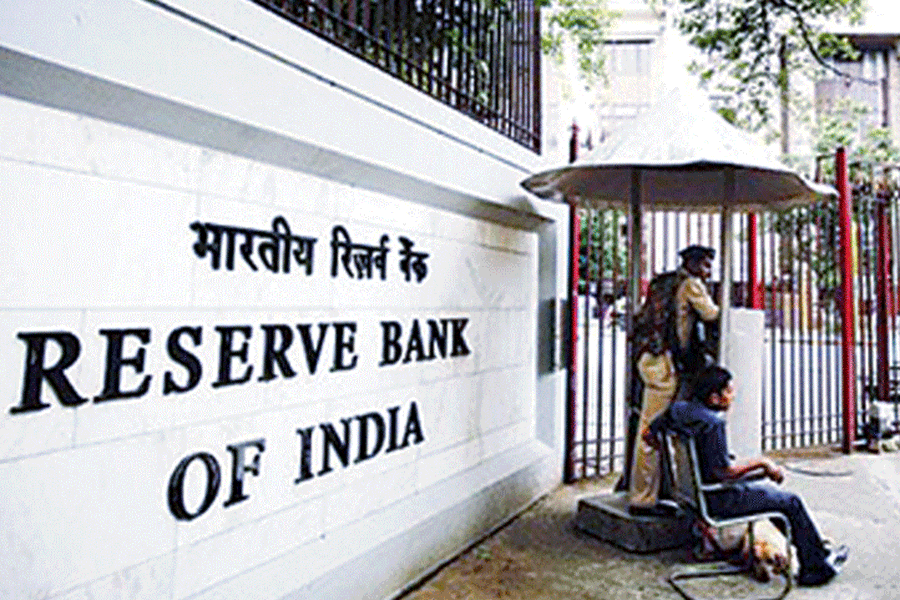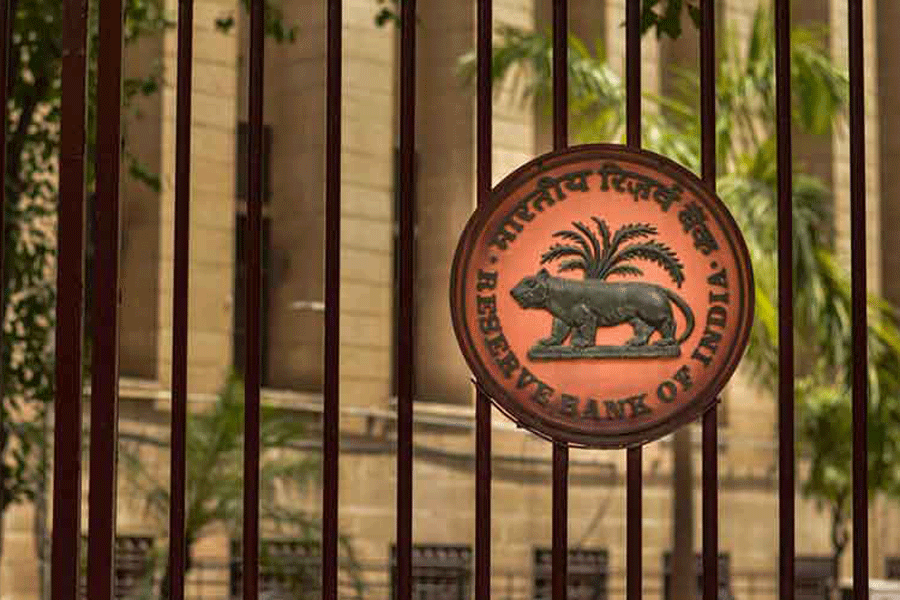The Reserve Bank of India ratcheted up the growth forecast for the current fiscal to 7 per cent from 6.5 per cent — and suggested that inflation may cool to 4 per cent by the end of September next year.
The inflation forecast for the current financial year ending March 31 is 5.4 per cent.
The monetary policymakers, therefore, decided to leave the repo rate unchanged at 6.50 per cent — the fifth consecutive meeting at which they had hit the pause button on interest rates. The repo rate is that at which banks borrow short-term funds from the RBI.
The RBI has raised the repo rate by a total 250 basis points since May 2022 in efforts to cool surging inflation. One basis point is equivalent to one-hundredth of a percentage point, or 0.01 per cent.
The twin prophecies raised the prospect of a so-called Goldilocks Effect of growth without an inflation spike, stirring some scepticism among economists.
“The Indian economy presents a picture of resilience and momentum,” Reserve Bank of India governor Shaktikanta Das said.
Later, at a news conference, RBI deputy governor Michael Patra said the upgraded estimate of 7 per cent was actually “conservative”.
The move to hold the repo rate meant that home and personal loan borrowers won’t have to worry about a revision in their equated monthly instalments (EMIs).
The central bank also announced several customer-centric measures by raising the UPI (unified payments interface) transaction limits for payments to hospitals and educational institutions to Rs 5 lakh from the current Rs 1 lakh.
It also relaxed auto debit limits for recurring transactions under the so-called e-mandates that do not require an additional factor of authentication through OTPs sent to mobile phones or e-mails.
The limit for such transactions has been raised to Rs 1 lakh for subscriptions to mutual funds, payments of insurance premiums, and the payment of credit card bills. Banks had pressed for an increase in the limit on these transactions as the adoption of e-mandates was "lagging".
The current limit on these e-mandates is Rs 15,000.











